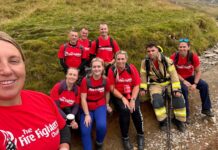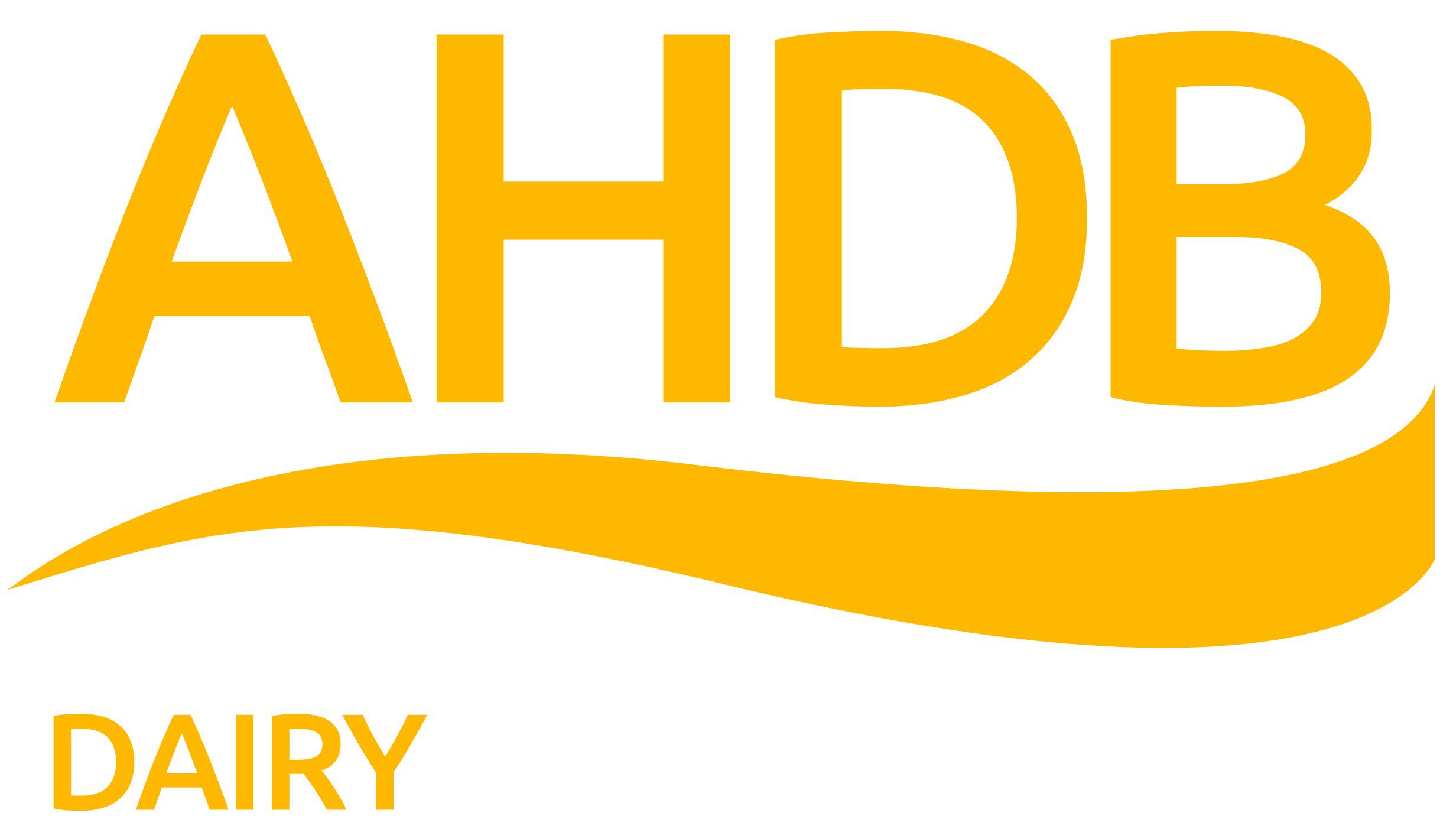To have a healthy, productive dairy herd you need to begin at the beginning. That means giving your calves the best possible start in life in terms of nutrition, health and welfare.
However, there is still much that can be done to give young stock the early boost they need – especially to address industry instances of mortality and disease.
To make dairy producers more aware of best practice management, a new initiative – Calf to Calving (C2C) has been developed by AHDB Dairy.
A series of nine meetings will be held on 12 host farms to look at best practice youngstock management to ensure heifers calve into the dairy herd for the first time at 24 months of age with minimal mortality.
They will draw on the latest research, and have input from the AHDB Dairy Technical Extension and Research and Development teams.
Each host farm will track a group of 10 calves from birth to calving and, along the way, closely monitor their health, nutrition and growth.
In addition to updates on the calves, specific subjects will be discussed at each meeting, including: colostrum management, genomic testing of heifers, nutrition at grass, outwintering and housing.
The first meeting in South Wales will be held at Castell y Gwcw, Llandeloy, Haverfordwest, Pembrokeshire SA62 6LH on 28 January.
The first round of meetings will look at two areas – reducing calf mortality through colostrum management and better nutrition, and achieving and monitoring growth rates up to and through weaning.
Those farmers who attend will also be encouraged to track a group of 10 calves on their own farm. They will then return their data sheets anonymously to be compared with the host farm and those of other attendees.
The producers will also have to do some soul-searching and consider their individual positions, with questions such as:
Do you know the cost of rearing your calves?
Can you maintain growth rates if outwintering heifers?
Are you able to estimate weights of your animals accurately to ensure correct dosages of wormer or vaccinations?
Do you have sufficient replacements to be more selective about breeding choices?
It is appreciated that not everyone will be able to commit to all the meetings, therefore the content will be produced in stand-alone units.
To find out more or to book a place, please contact Jamie McCoy on 07976 181103 or Jamie.mccoy at ahdb.org.uk .
Help keep news FREE for our readers
Supporting your local community newspaper/online news outlet is crucial now more than ever. If you believe in independent journalism, then consider making a valuable contribution by making a one-time or monthly donation. We operate in rural areas where providing unbiased news can be challenging. Read More About Supporting The West Wales Chronicle
























